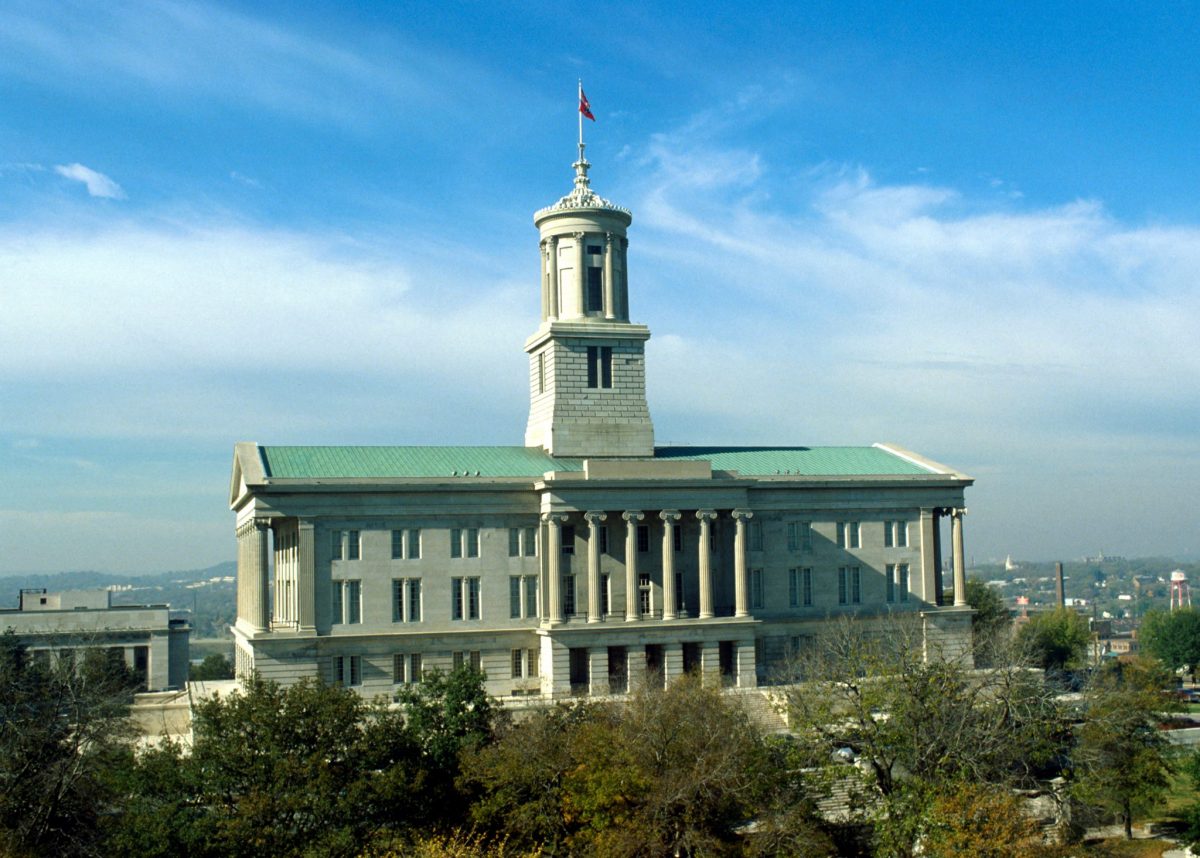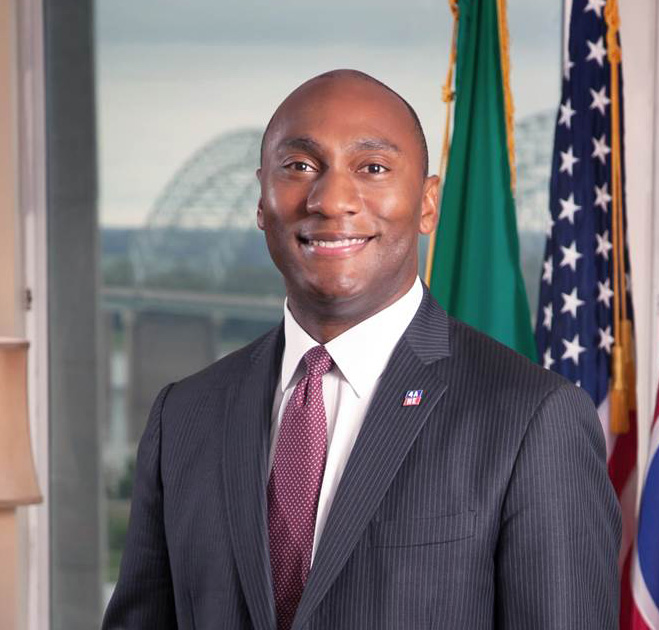Say this for the 2007 incarnation of the Shelby County
Election Commission. Its members are trying.
Right or wrong, that’s something that various critics
doubted about the 2006 version of the commission, plagued by late and lost
returns, ineffective software, erratic machines, incorrect election screens, and
post-election printouts whose totals were entered in some kind of unintelligible
Martian algebra.
“We got started on a rough, rough road,” acknowledged then
chairman Greg Duckett at a post-mortem following an August election cycle
that was sabotaged by all of the above gremlins and more.
Duckett has moved on since then, to the state Election
Commission. Another Democratic commissioner, Maura Black Sullivan, was
not reappointed by her party’s General Assembly contingent. The Democratic
legislators opted to fill the two vacancies with two Democrats who,
coincidentally or not, had past grievances related to the commission.
One was Shep Wilbun, a defeated candidate for
Juvenile Court clerk who had unsuccessfully challenged the 2006 election
results. The other was former longtime commissioner Myra Styles,
returning after being purged four years earlier.
Completing the cycle of reconstruction, Styles was promptly
named chairman. The third Democrat on the commission was yet another vindicated
retread, O.C. Pleasant, who had been replaced as chairman a term earlier
by the now departed Duckett.
The two Republican members – Rich Holden and
Nancye Hines – were holdovers.
Whether because of improved oversight or simple good luck,
the new commission seems to have had better results than their snake-bit
predecessors. Though Mayor Willie Herenton made a point of challenging
the accuracy of the Diebold machines being used in this year’s city elections,
he ultimately was unable to deliver convincing examples.
As for last year’s hieroglyphic-like, analysis-defying
election returns, some hope of improvement has been kindled of late by an omen
of sorts. Concise, easy-to-read reports have been regularly circulated to the
media concerning early voting for the four city-council positions that are at
stake in Thursday’s runoff elections.
Cumulatively, these reports have yielded the information
that, after a sluggish start on October 19th, certain of the 27 early-voting
locations had late spurts.
Leading all locations as of Saturday, when early voting
ended, was Cordova’s Bert Ferguson Community Center, with 952 voters. Coupled
with the fact that a fair amount of voting (282) also occurred at Anointed
Temple of Praise, a southeasterly suburban location, that suggested reasonably
organized voting in the District 2 contest between Bill Boyd and Brian
Stephens.
Heading into Thursday, Stephens, a
businessman/lawyer/neighborhood activist with Republican affiliations, was
getting a surprising amount of support from influential local Democrats, while
longtime political figure Boyd, endorsed by the Shelby County GOP, boasted
endorsements from most of the seven other candidates eliminated in
general-election voting on October 4th.
Relatively stout voting at Pyramid Recovery Center (544)
and Bishop Byrne School (674) indicated the level of voter interest in District
6 (riverfront, south Memphis) and District 3 (Whitehaven), respectively.
The District 6 race was between Edmund Ford Jr. and
James O. Catchings, the former a beneficiary of legacy voting habits, the
latter depending on support from declared reformists. The District 3 contestants
were youngish governmental veteran Harold Collins, who was favored,and educator Ike Griffith.
A turnout of 453 at Raleigh United Methodist Church
documented the tight race expected in District 1 between school board member
Stephanie Gatewood and teacher Bill Morrison. This is the only
runoff race in which demographics could have played a part, though both Gatewood,
an African American, and Morrison, who is white, made a point of pitching voters
across the board.
Gatewood, the only female candidate in the runoff roster,
stood to benefit if gender voting patterns, 60 percent female and 40 percent
male in early voting, continued on Thursday. Participation in early voting by
acknowledged African Americans was at the same level (47.1 percent) as their
percentage in the available voting pool.
Apparent white participation in early voting was at the
level of 37.6 percent, compared to the corresponding figure of 26.3 percent in
the pool of registered voters for the four districts.
What made precise demographic reckoning difficult, however,
was general confusion as to just who made up the category of voters
self-described as “other.,” a grouping that accounts for 26.6 percent of the
registered-voter pool but only 15.3 percent of early voters.
And what made
predictions of any kind difficult was the fact that only 1.5 percent of
available registered voters took part in early voting. As always in the case of
special elections or runoffs, final victory would belong to whichever candidates
mounted the most effective Get-Out-the-Vote efforts.

